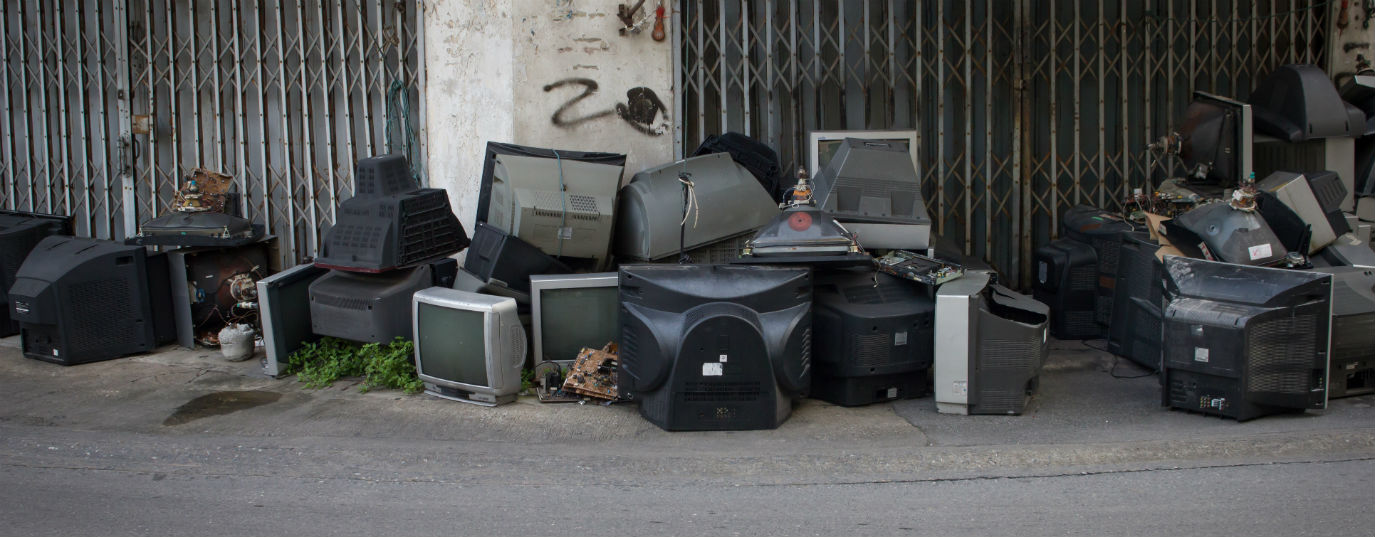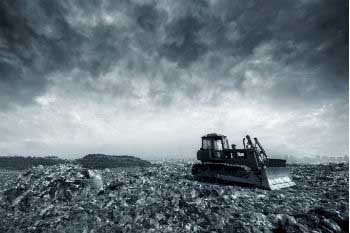Returns on online purchases are not free: they come at a cost for the environment
Returns represent a problem for the environment and are now becoming a problem for business viability
Free returns on online purchases are becoming a much bigger problem than consumers can imagine. The impact of product returns on the performance of fashion companies and, above all, their impact on the environment means that measures have been put in place to curb these dynamics.
What will I read in this article?
- Clothing returns are an environmental issue
- The evolution of online shopping
- Solutions to the problem of returns
The issue of online shopping returns and the environment
The world of online shopping is accessible, simple and pretty fast. It is now possible to place an order online and have it delivered to your home the next morning. Or in just a few days if it's coming from the other side of the world.
Consumers make their selection from millions of products, picking their favourites and, in the case of clothing, order them in several sizes for fear of not picking the right one.
Brands make up for the inconvenience of not being able to try on clothes by offering free returns. We place large orders knowing that we will end up returning one or more products that we were unhappy with or unsure about. Or at least, until now.
Customers are entitled to apply the promise of "your satisfaction or your money back" to their online purchases. But the truth is that returns are an environmental issue and they are now also becoming an issue for the business model of many of these brands.
"Returns are an environmental issue and are now also becoming an issue for the business model of many of these brands".
What happens to that coat that you get delivered but ends up being too small? To begin with, it'll have to travel back from your home to the warehouse — with the fuel consumption that this implies.
But the returns process involves more steps for the garment. Some garments will need to be reconditioned to repair damage or remove any evidence of their journey. Others will have to be repackaged in order to be shipped out again, with the costs of extra cardboard and plastics that this involves. And others will end up on the rubbish heap. This all comes at a cost — both for companies and for the sustainability of the planet.
The environmental impact of returns in data
Many fashion companies are now mindful of their impact on the planet, which is not just because of their emissions into the atmosphere, but also because of water contamination. They are beginning to adapt their business to make them more sustainable, both in terms of the materials they use in their fabrics, and in the way they produce them. However, the reality at present is that the fashion industry is the second most polluting sector after the oil industry. The fashion industry is estimated to be responsible for 10 % of global carbon emissions. According to estimates, through the use of dyes and finishing products, textile production accounts for about 20 % of the world's drinking water contamination.
"The fashion industry is the second most polluting sector after the oil industry"
Product returns are aggravating the problem. Shipping things back and forth creates unnecessary greenhouse gas emissions. In addition, only 54 % of all packaging is recycled. And it is estimated that nearly EUR 6 billion of returned goods end up in landfills every year.
The return process costs companies 59% of the original sales price of the item. Each year, US companies spend approximately USD 50 billion on product returns. Moreover, these goods produce a massive amount of landfill waste and are the cause of 27 million tonnes of carbon dioxide emissions each year.
What measures are being taken to address the environmental issue of returns?
One of the strategies brands are following is to charge customers for returns. A well-known Spanish fashion company has given the green light to this measure in nearly 40 markets. However, if shoppers choose to bring their unwanted items to the store, the return is free. If consumers choose to have the company collect the package from their home, they are charged EUR 3.95 — which is subtracted from the amount to be refunded.
Many companies are coming up with innovative ways to be more responsible with their products. Some sell returned items at retail outlets or at special second-hand stores. Others even manufacture clothes from recyclable materials, such as wood or repurposed plastic.
Data collection can also play a big role in reducing the impact. Without data, it's impossible to differentiate a shirt that simply didn't fit from one with a huge tear in it. But many companies don't ask questions — they simply create a returns label without asking the reason why.
Collecting additional data could be as simple as requesting that customers explain in detail why they're returning a product or share photos of the problem. This data could then be used to determine which products can be repaired or resold rather than discarded.
Returns represent a problem for the environment and are now becoming a problem for business viability. But it doesn't have to be that way. By taking a new approach to how they manage them, companies can increase revenues while reducing waste and greenhouse gas emissions.
Sources:
- https://smoda.elpais.com/moda/devoluciones-ropa-compras-online-envios/
- https://www.fastcompany.com/90756025/product-returns-are-wasteful-for-companies-and-the-planet-heres-how-to-change-that






